“I’ll never be an expert drawer!” E and I were sitting at the kitchen table after K and L had left for L’s pre-Mass choir practice, and E was trying to draw a sports car. He scratched out a basic wedge shaped attempt at a sports car, adding a deep arc for a driver’s seat, then put the pencil down and dropped his head into his hands. “I’m just not good at drawing!”
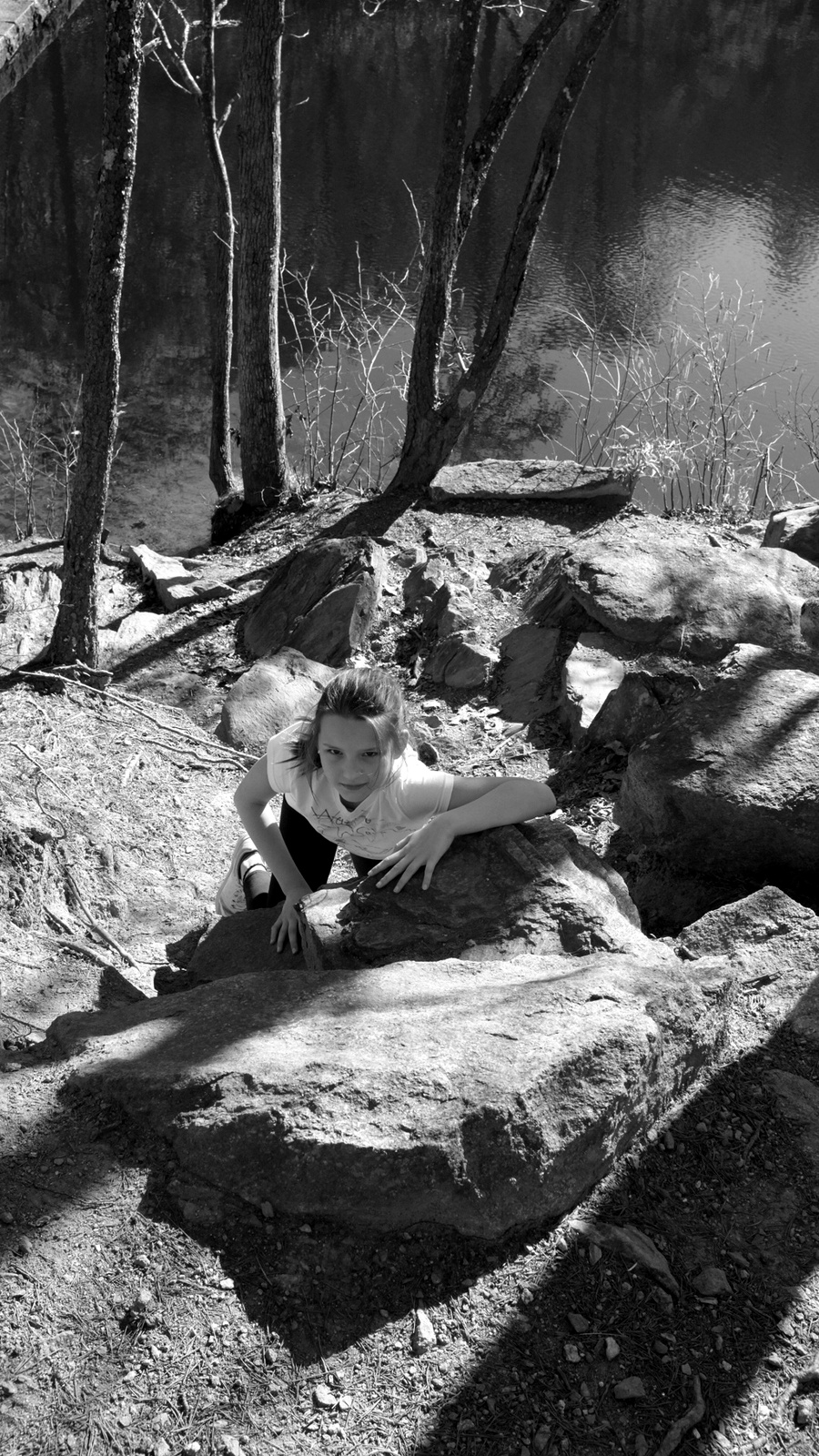
It’s tough reasoning with a four-year-old, and though I feared it feel ineffective in the moment, I thought perhaps he needed some perspective nonetheless.
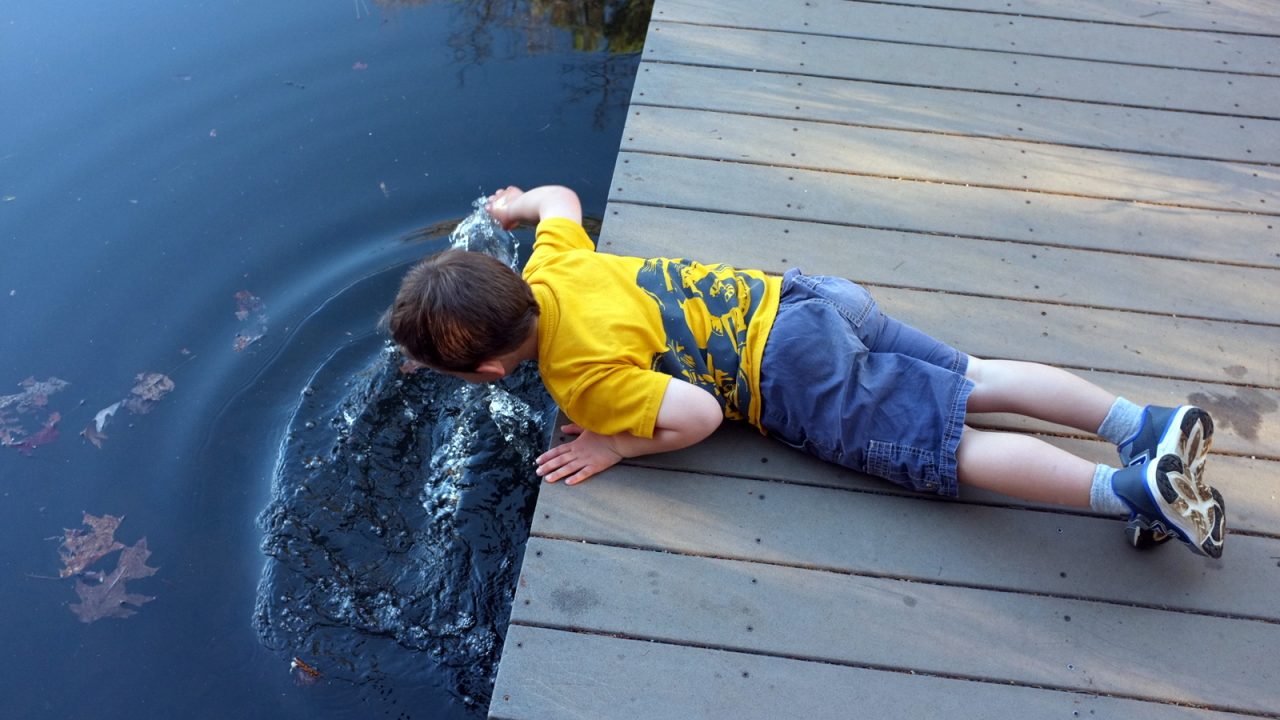
“Son, it takes time,” I began. A thousand and one cliches seemed ready to rush from my mouth, but they were only cliches to me. “Everyone struggles at first when learning a new skill. No one is an expert immediately. It takes time.”
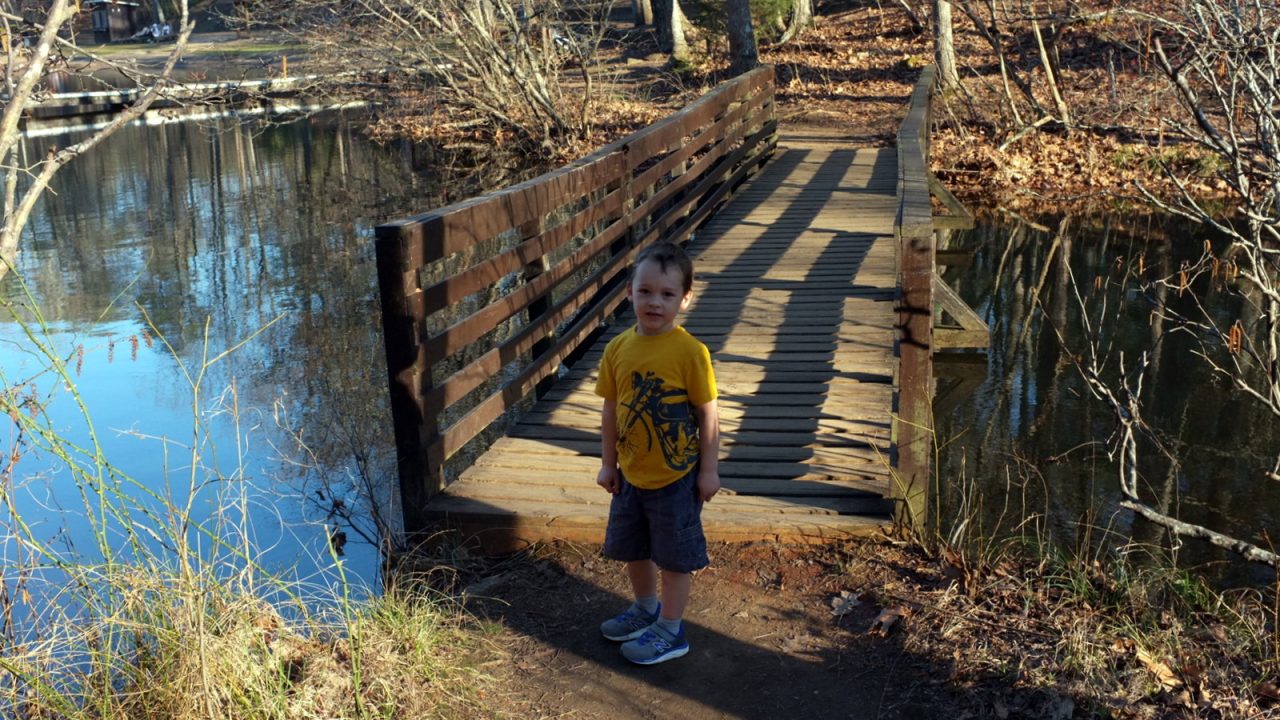
Yet his four-year-old horizon is not very distant at all. Later in the day, as we’re heading to a state park for a family bike ride, he will respond to his mother’s calming, “Only eight more minutes,” by counting to eight and demanding to know why we’re not there yet. At the sun-soaked kitchen table, though, his horizon was even closer. He flipped his sketch pad to a new sheet and tried again, with the same result. He crossed it out and again proclaimed, “I’ll never be an expert.”
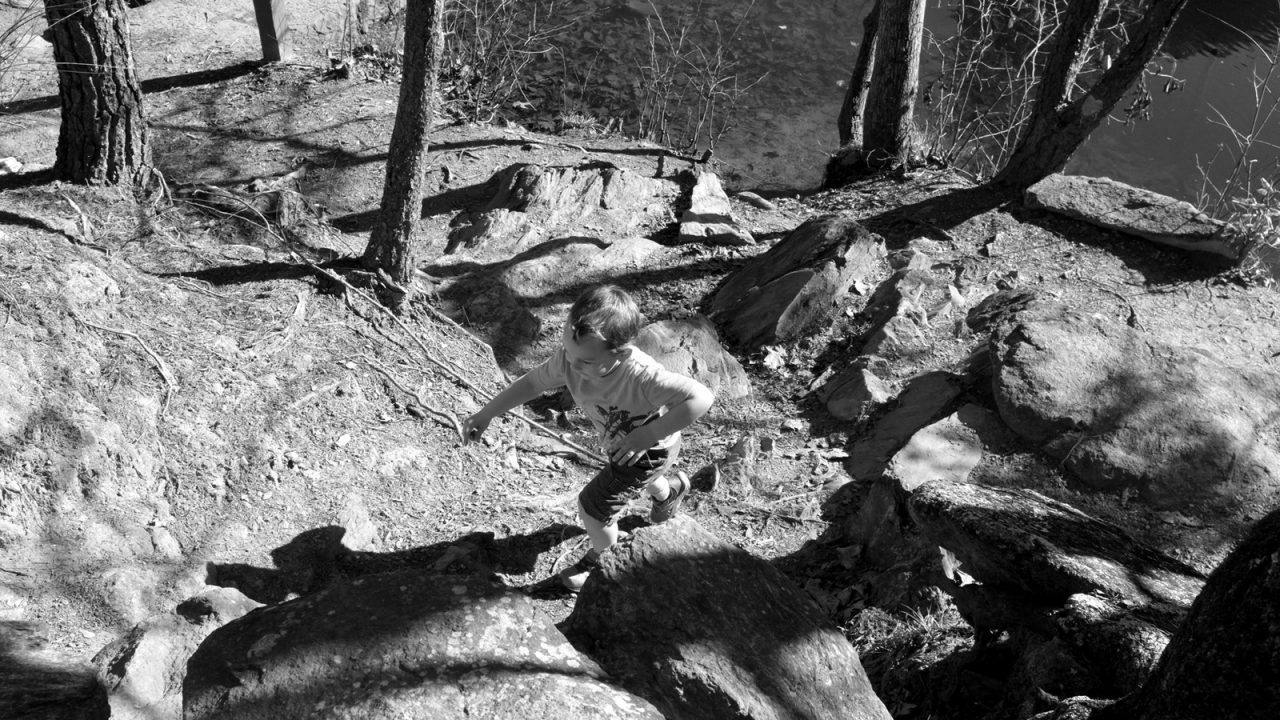
I saw in this coming heartache, approaching frustration, a nearing narrowing of the Boy’s horizon. “What if he goes through life like this, thinking always that if it’s not perfect the first time, there’s no point in trying again?” I see it in my some of my at-risk students every day. They lack what, in edu-speak jargon, we’ve come to call “grit.” One girl experiences these frustrations on a daily basis: she wants to give up immediately if I offer any sort of helpful feedback that indicates the slightest flaw in her analysis. Unable to gain any perspective, she struggles with a stress she imposes on herself.
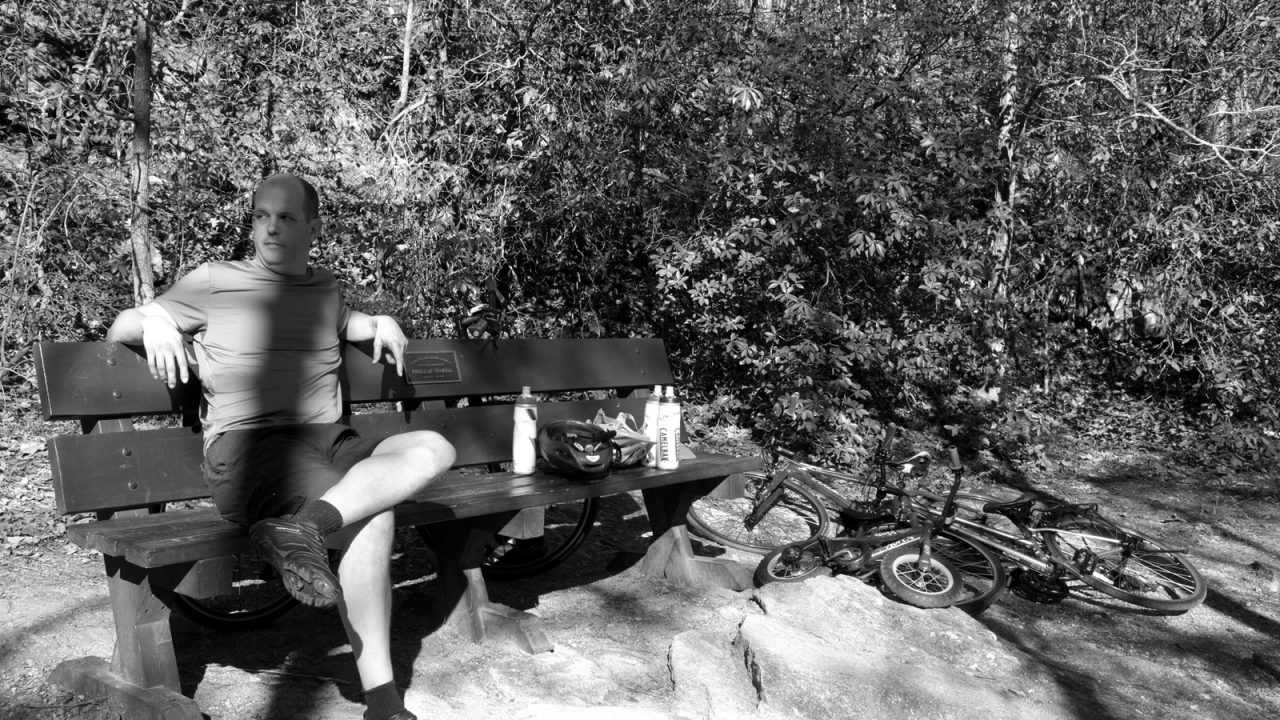
In the end, a lack of time saved the situation. Or at least put it off for a while. We got dressed and met K and L at Mass. As the homily began, it was as if the parish priest and the curria in Rome itself had seen our morning struggles and wove them into the day’s readings and homily. Father Longenecker was sketching the picture presented in the day’s readings. First, from Leviticus: Be holy, for I, the LORD, your God, am holy. A command from perfection for perfection. The second reading was from the first letter to the Corinthians: Do you not know that you are the temple of God, and that the Spirit of God dwells in you? If anyone destroys God’s temple, God will destroy that person; for the temple of God, which you are, is holy. The Gospel reading from Matthew followed in the same theme: So be perfect, just as your heavenly Father is perfect.
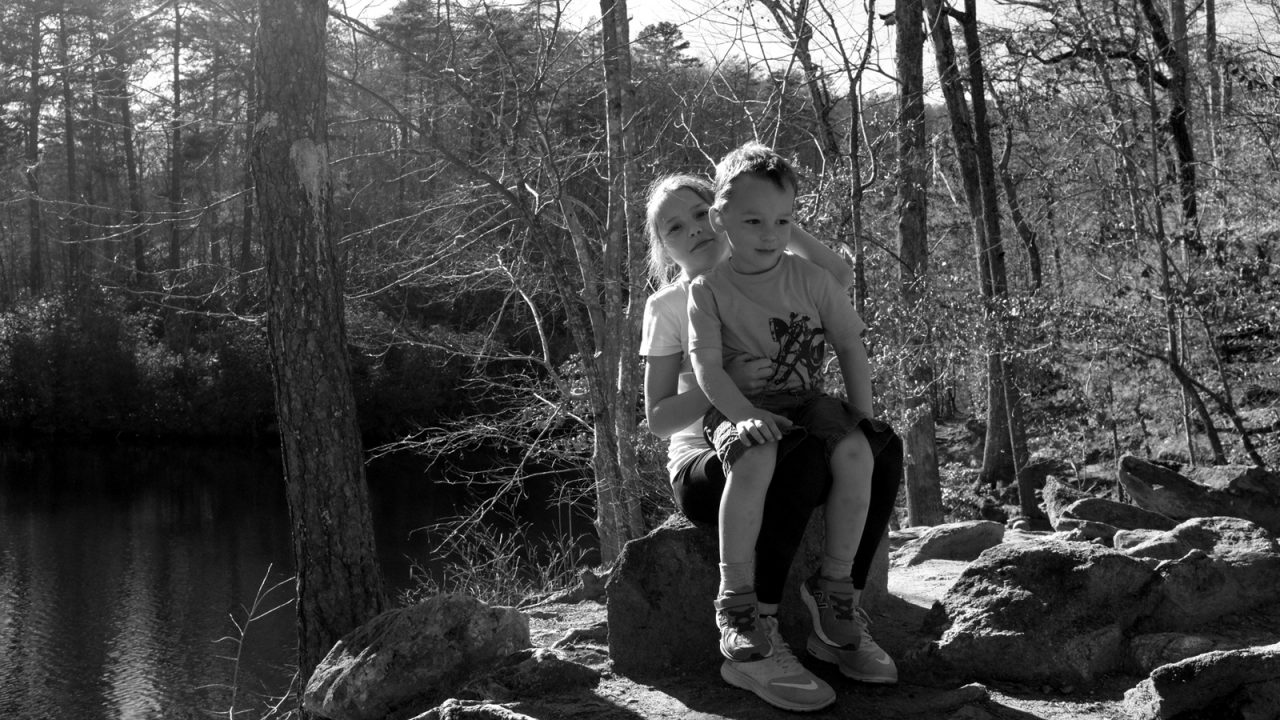
The notion that we’re called to be perfect, aside from proving that Christianity is not a good choice for anyone looking for an easy religion, put the morning sketch session into a new perspective for me. In his own way, the Boy was living out the callings from the readings. He must have looked to me as we look to God, frustrated at our apparent lack of progress. Our perspective on a human life must appear to him like E’s immediate frustration when he was unable to achieve instantaneous perfection.
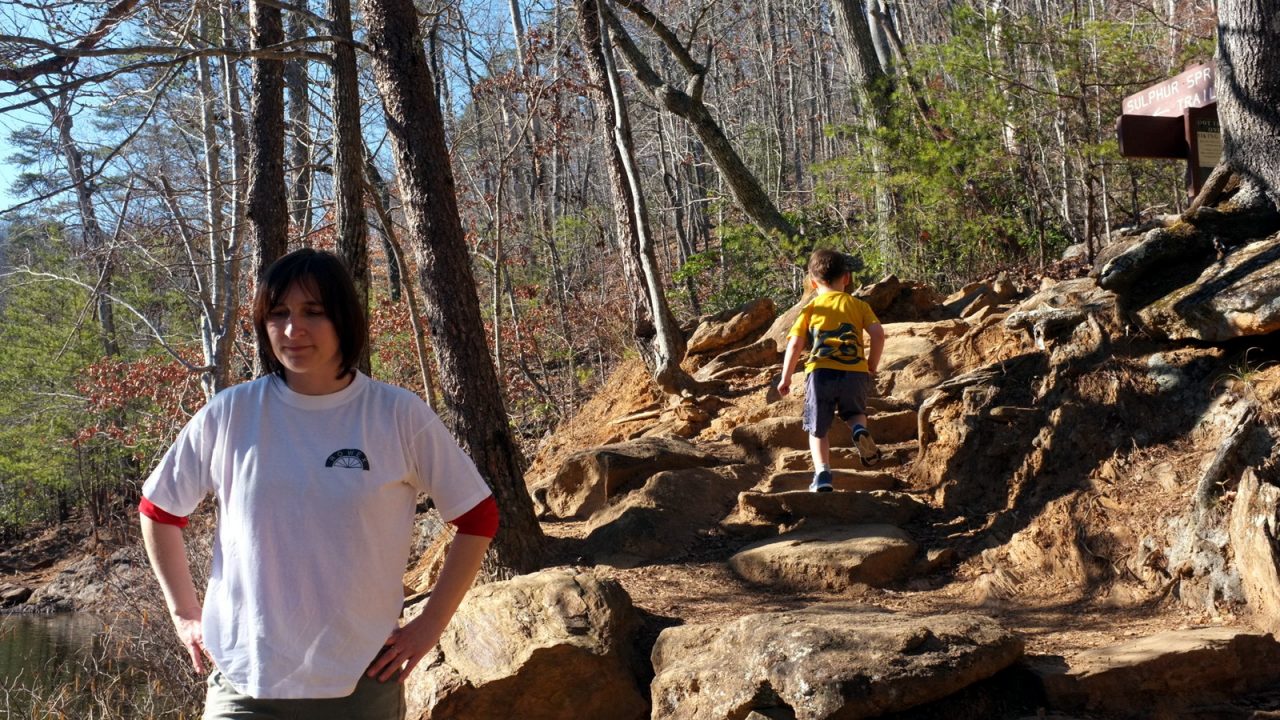
After Mass and lunch, we headed to a lovely local state park to enjoy the unseasonably perfect cycling weather. We rode 6.6 kilometers (4.1 miles) and climbed a total of 86 meters (282.1 feet). A fair amount for a four-year-old.

He had to get off and push a few times, but his tenacity at some of the steeper portions of the short incline was impressive. It was a mirror image of the morning, for it was only toward the end of the ride that he really started suggesting, in words and actions, that he might not make it back to our starting point.
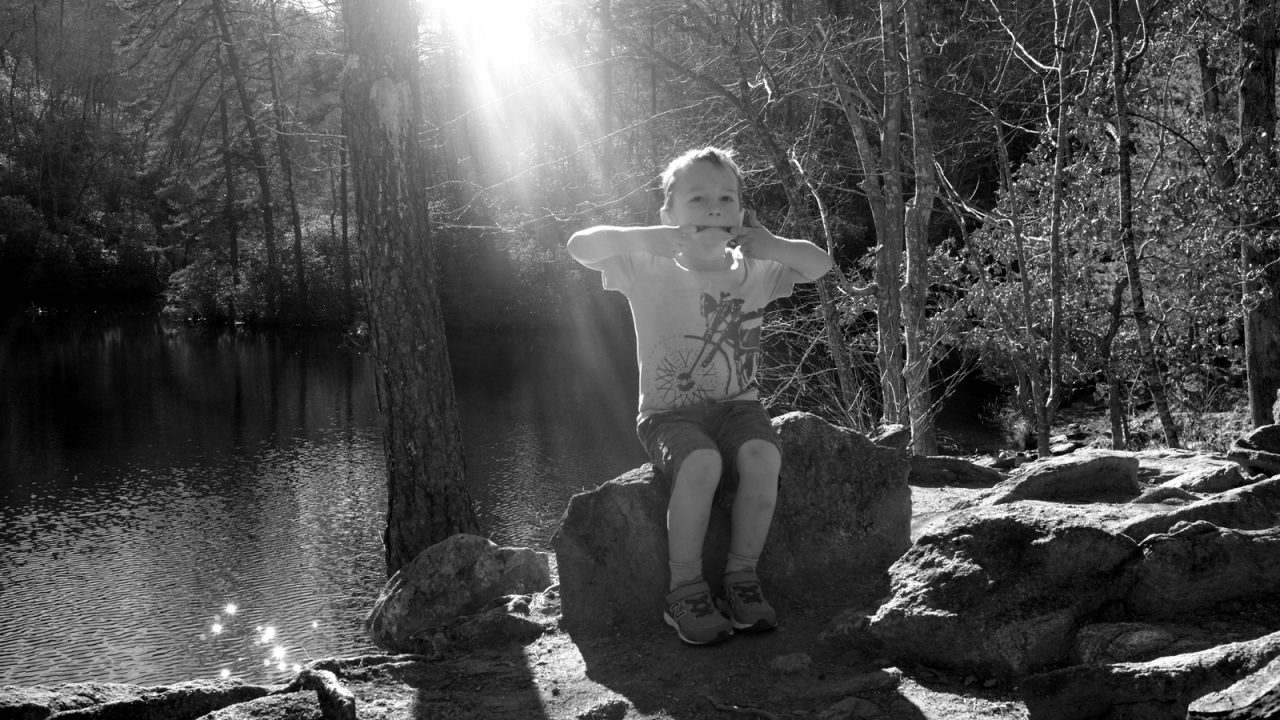
What made the difference? Why did he exhibit tenacity in one endeavor and not the other? Was it merely the physicality of the cycling, a tangible activity with a clear end? Was it the fact that a flawed sketch sits on the page and reminds him of his seeming failure whereas the road’s inclines simply disappear behind him? I sit here at the end of the day thinking that perhaps I should have the answers to those questions, and I realize that if I’m not careful, I’ll start doing the same thing he did with his drawing: why am I not the perfect parent? By now, such thoughts leave as soon as they enter my conscience, right? Hardly.
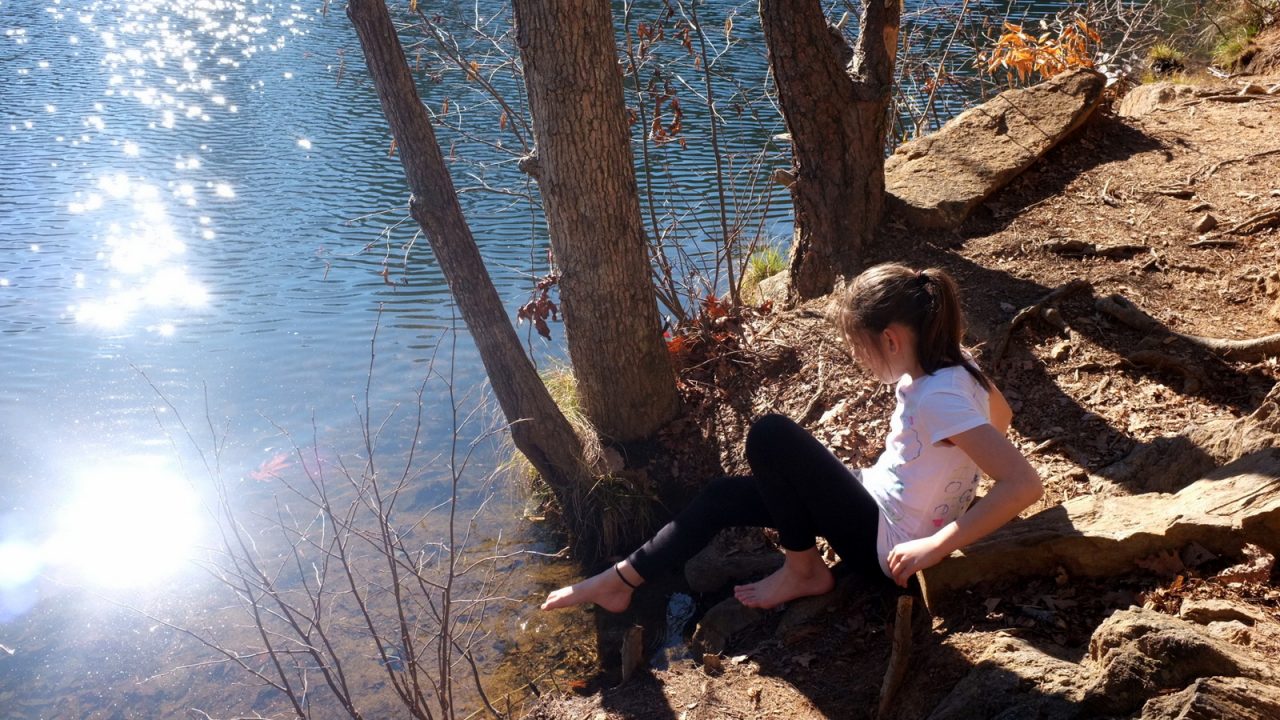
In the end, it was a reminder paradox that perfect days are perfect because aren’t.
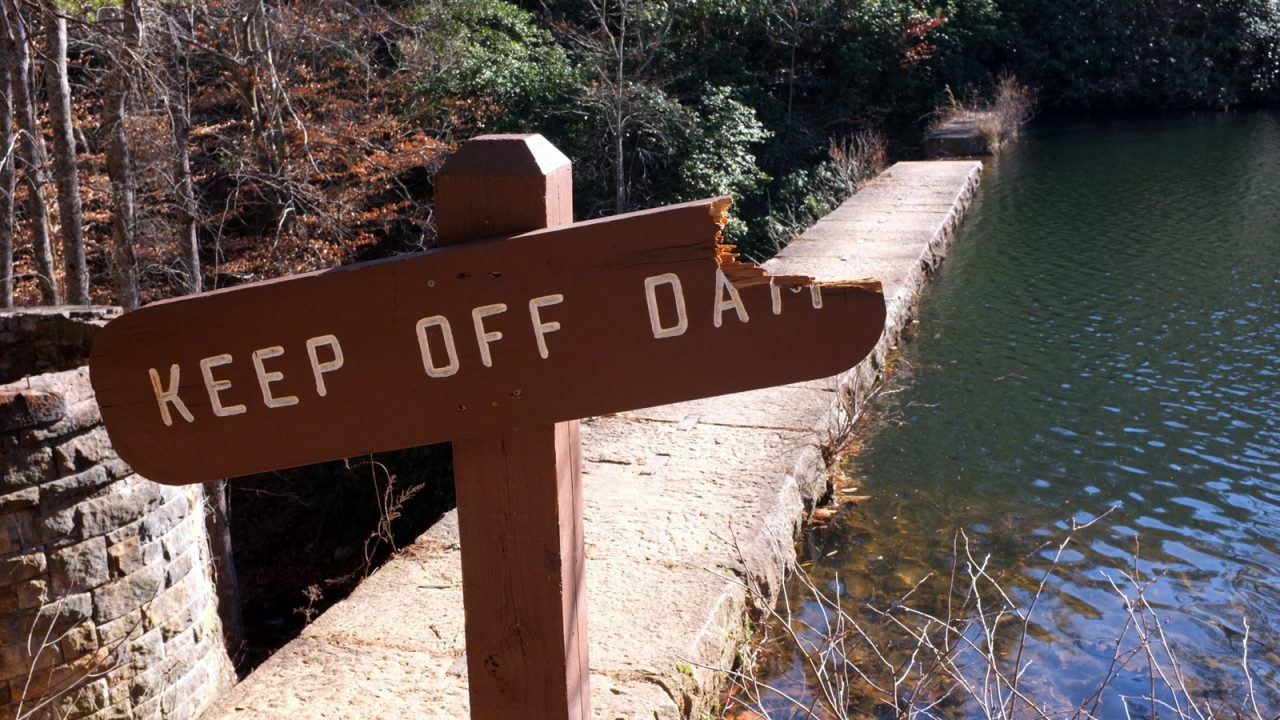
Perfection is definitely something to strive for, but not easily attainable. My parents used to add to the “practice makes perfect” with their own “perfect practice makes perfect”. The idea of practicing wrong over and again to get it right seems contradictory. I think that same can be said with our faith. I think you’re doing a fine job of raising your boy to see that. :)
“Practice makes perfect” reminds me of a sci-fi book I read in the late eighties, The Practice Effect, which tells of a land where everything when first created is flawed until it gets time to practice. So when some characters were building a wall to their city, they had to bombard it themselves to make it stronger, to give it practice at being a wall. Sort of like using muscles.
I suppose that’s what the lives of the saints teach us as well: practice makes perfect.
I enjoyed your musings and I loved the photos at the end, especially the black and white of your daughter taken from above. Great contrasts. It’s hard to be little and be smart enough to see that others can do things you can’t.
I’ve probably been reading some of the same things you have about grit. We definitely need to praise kids effort, because without that it doesn’t matter how smart they are.
The problem with building grit is that you have to have a little of it to start with. I have students that give up immediately when something goes wrong. Getting them to continue trying is a trial. Praise works sometimes, but not always.